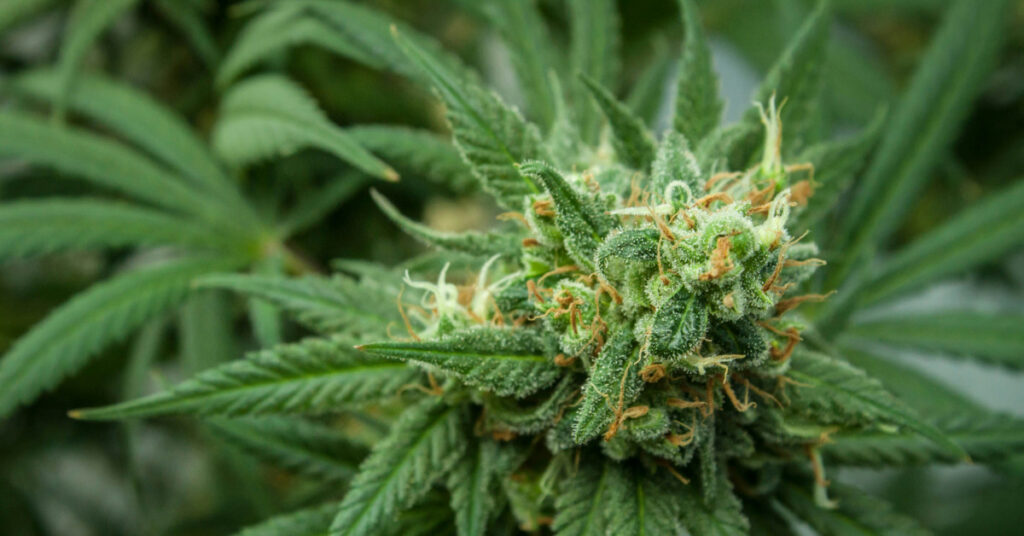The Green Wave: Navigating Minnesota’s Emerging Cannabis Market
Minnesota’s cannabis market is evolving, with tribal dispensaries currently selling recreational cannabis under tribal sovereignty, while state-licensed business dispensaries are expected to open in 2025. The landscape includes both medical and recreational markets, each with distinct regulations and product offerings. Key differences between dispensary types and markets involve regulatory oversight, product availability, market access, and geographic distribution. As the state implements new cannabis laws, understanding these distinctions is crucial for industry stakeholders.
Understanding Dispensary Types and Cannabis Markets
As Minnesota’s cannabis industry evolves, it’s crucial to understand the different types of dispensaries and cannabis markets currently operating or planned for the future.
Business Dispensaries vs. Tribal Dispensaries
1. Business Dispensaries:
- Not yet operational for recreational cannabis in Minnesota
- Will be licensed and regulated by the Office of Cannabis Management (OCM)
- Expected to begin operations for recreational sales in 2025
- Currently limited to selling hemp-derived products under strict regulations
2. Tribal Dispensaries:
- Operated by Minnesota’s 11 federally recognized tribal nations
- Currently the only dispensaries legally selling cannabis flower in the state
- Operate under tribal sovereignty, not subject to state regulations
- Can sell both medical and recreational cannabis
- Have been operational since before the state’s recent cannabis law changes
Medical vs. Recreational Cannabis
1. Medical Cannabis:
- Available to patients with qualifying conditions
- Requires physician certification and registration with the state
- Typically allows for higher potency products
- May have different tax structures or pricing compared to recreational cannabis
- Currently available through the state’s medical cannabis program
2. Recreational Cannabis:
- Will be available to adults 21 and over (when sales begin)
- No medical condition or physician approval required
- May have lower possession limits compared to medical cannabis
- Subject to different regulations and tax structures
- Currently only legally available through tribal dispensaries
- State-licensed recreational sales expected to begin in 2025
Key Differences and Implications
- Regulatory Oversight: Business dispensaries will be subject to OCM regulations, while tribal dispensaries operate under tribal laws.
- Product Availability: Tribal dispensaries currently have more freedom in product offerings, including cannabis flower, which business dispensaries cannot yet sell.
- Market Access: Tribal dispensaries have a significant head start in the recreational market, potentially allowing them to establish brand loyalty before state-licensed dispensaries open.
- Geographic Distribution: Tribal dispensaries are limited to tribal lands, while future business dispensaries may have wider geographic distribution across the state.
- Medical Program Transition: As recreational sales become available, the medical cannabis program may need to evolve to maintain its relevance and provide added value to patients.
